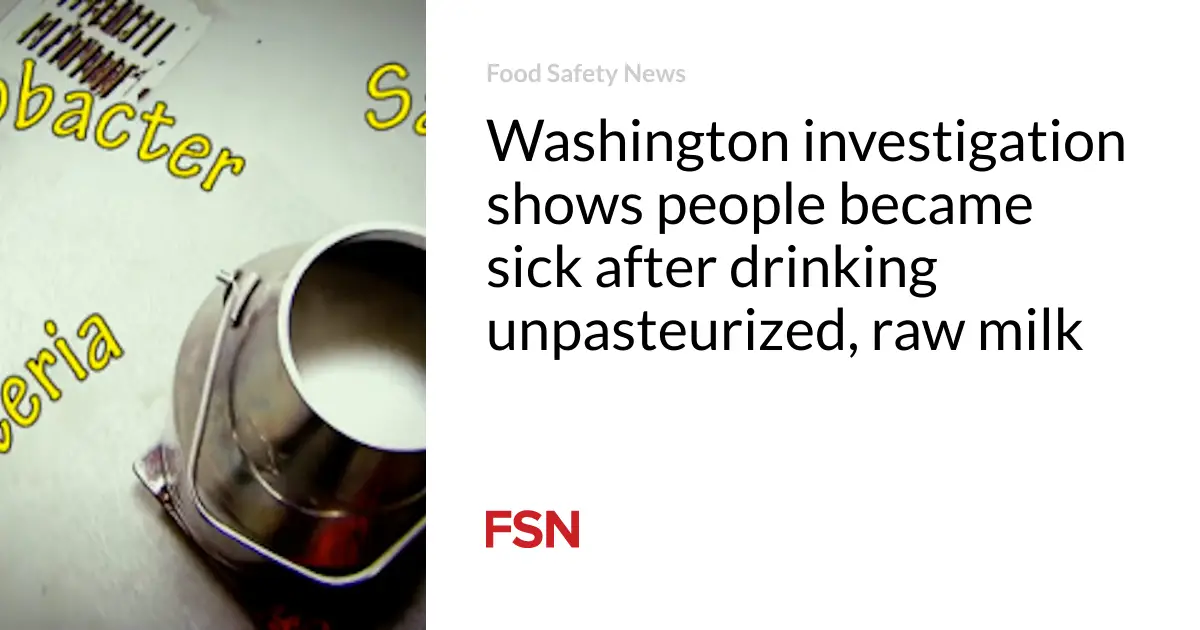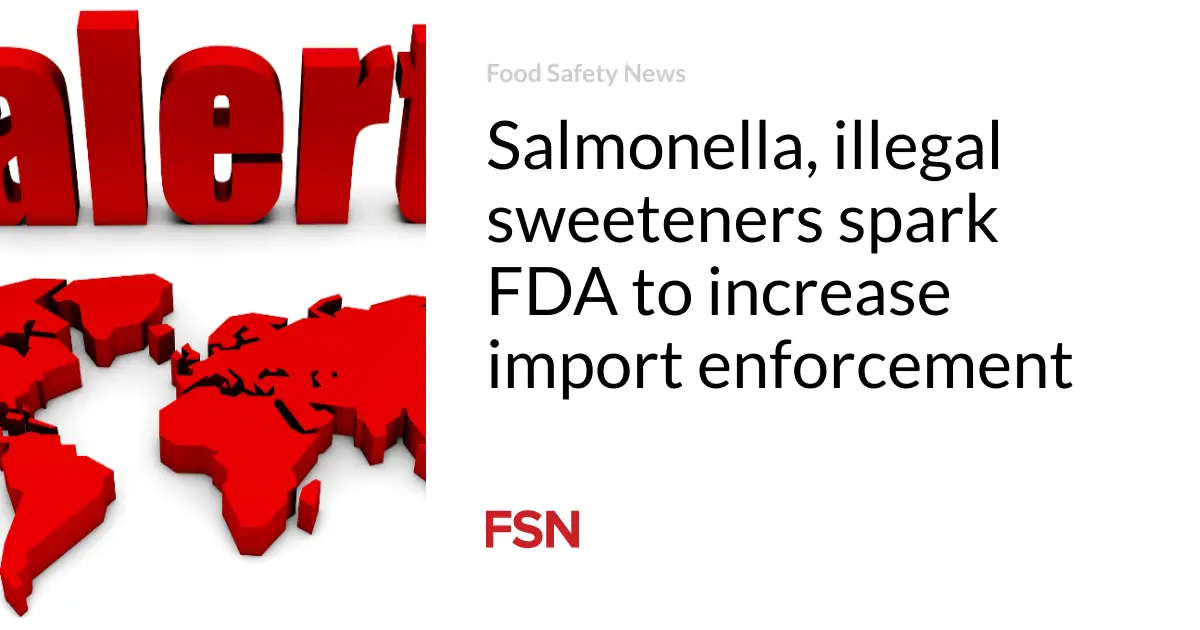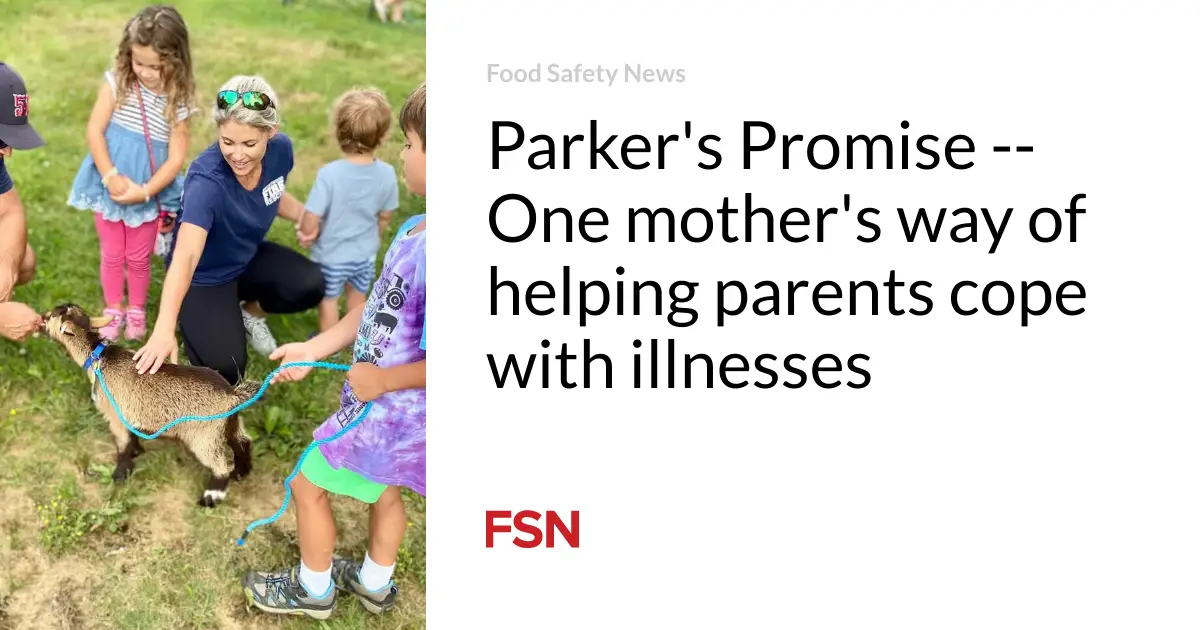
It has been found that two people in Washington drank raw milk from Jim’s Jerseys before becoming infected with Campylobacter jejuni.
The patients became ill in July after drinking the unpasteurized milk produced by Old Silvana Creamery located in Arlington, WA, according to the Washington State Department of Health.
“Raw milk is a high-risk food for causing illness because it is not heat treated (pasteurized) to kill germs that can make people sick. Campylobacter jejuni and other bacteria may naturally be in cattle manure which can contaminate milk during production. . . Consumers who drink milk are encouraged to drink only pasteurized milk.” according to the health department.
“In Washington State, from 2005 through 2024, there have been at least 11 outbreaks associated with consumption of raw milk. These outbreaks were caused by Shiga toxin-producing E. coli (7), Campylobacter (3) and Salmonella (1).”
The production of raw milk in Washington is regulated by the Washington State Department of Agriculture. In response to these illness reports, the Washington State Department of Agriculture (WSDA) tested milk samples collected from the creamery and conducted an inspection of both the dairy farm and the milk plant. Both the dairy farm and the milk plant had passing inspections. A recall of the milk was not conducted.
The agriculture department collects routine samples from the firm on a monthly basis that includes screening for pathogens including Campylobacter and will continue to do so moving forward. For more about how WSDA regulates dairy, visit: https://agr.wa.gov/departments/food-safety/food-safety/dairy
Washington State allows the sale of raw milk by WSDA-licensed producers and processors for three purposes: further processing, human consumption, or animal feed. Each requires a license from the Washington State Department of Agriculture.
Any person of any age can get very sick or even die if they drink raw milk contaminated with harmful germs. The risk of severe illness is greater for infants and young children, the elderly, and persons who are pregnant. People with weakened immune systems are also at greater risk of severe illness, according to the state health department.
Washington requires raw milk to be labeled to warn purchasers about known hazards associated with the consumption of raw milk so that they may make informed choices about buying these products. Because of the associated risks in raw milk sales, all raw milk products sold at retail locations in Washington must be labeled with the phrase “raw milk” and include the following advisory posted at the sales location:
“WARNING: This product has not been pasteurized and may contain harmful bacteria. Pregnant women, children, the elderly and persons with lowered resistance to disease have the highest risk of harm from use of this product.”
In addition to ensuring raw milk containers are properly labeled, retail locations must also post the following written statement near the product:
“Warning: Raw milk or foods prepared from raw milk may be contaminated with dangerous bacteria capable of causing severe illness. Contact your local health agency for advice or to report a suspected illness.”
(To sign up for a free subscription to Food Safety News,click here)






